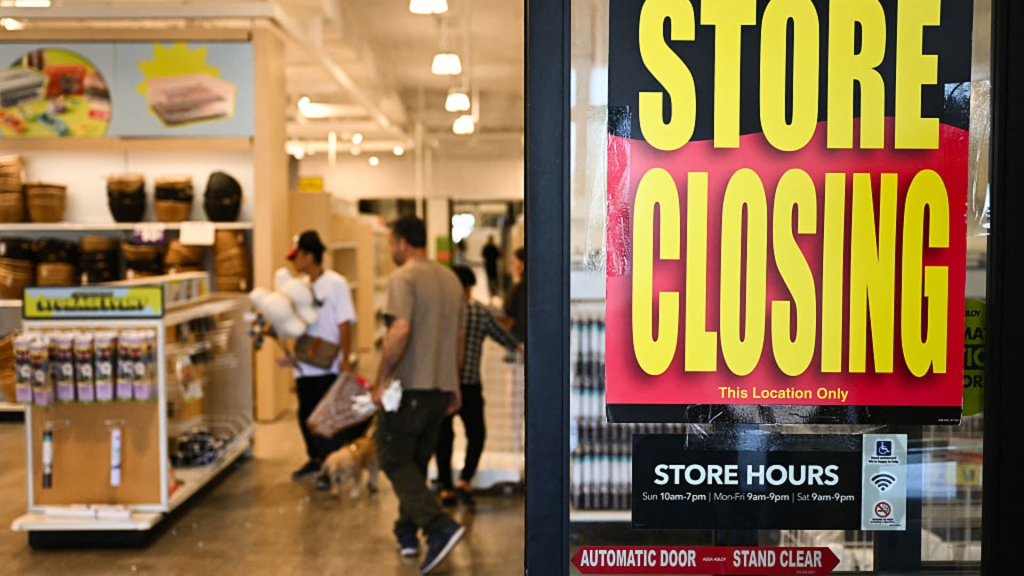The U.S. economy has seen a contraction in recent weeks, characterized by a slowdown in hiring and growing apprehension among consumers and businesses regarding price hikes related to tariffs, according to a report released by the Federal Reserve on Wednesday.
In its latest “Beige Book”, the Federal Reserve indicated that “economic activity has declined slightly since the previous report” published on April 23.
The report highlighted that “All Districts reported elevated levels of economic and policy uncertainty, which have resulted in hesitancy and a conservative approach to business and household decisions.”
Employment figures showed little change across the Fed’s 12 districts, with seven regions indicating a “flat” labor market amid an increase in job applicants and a decrease in turnover rates.
While some areas noted layoffs in specific sectors, these were not widespread. The report stated, “All Districts described lower labor demand, citing reduced hours worked, pauses in hiring, and plans for staff reductions.”
On the topic of inflation, the report mentioned that prices are rising “at a moderate pace.” There were numerous reports of businesses anticipating that costs and prices would increase at a quicker rate in the near future, with some districts describing these anticipated increases as strong or substantial. Furthermore, all districts agreed that elevated tariff rates were contributing to upward pressure on prices and costs.
There were varying predictions among businesses regarding the extent of price increases, with some indicating the possibility of reducing profit margins or introducing temporary fees. “Contacts that are planning to pass along tariff-related costs expect to do so within three months,” the report added.
This examination covers a transformative period concerning President Donald Trump’s tariff policies. Earlier in May, Trump announced a decision to ease certain reciprocal tariffs against China, prompting a similar response from Beijing. This shift contributed to a rally on Wall Street, as investors entertained hopes that the tariffs would not be as severe as previously anticipated.
Despite these developments, concerns persist regarding potential inflationary effects and the possibility of a broader economic slowdown as a consequence of the imposed tariffs.
Notably, the term “tariffs” appeared 122 times in Thursday’s report, an increase from 107 mentions in April.
Regionally, economic activity was reported to be declining in Boston, New York, and Philadelphia, while areas such as Richmond, Atlanta, and Chicago experienced better growth prospects. In New York, heightened uncertainty was noted, as was a significant rise in input prices influenced by tariffs. Conversely, Richmond reported a marginal increase in hiring despite Trump’s efforts to reduce the federal government’s payroll.


























